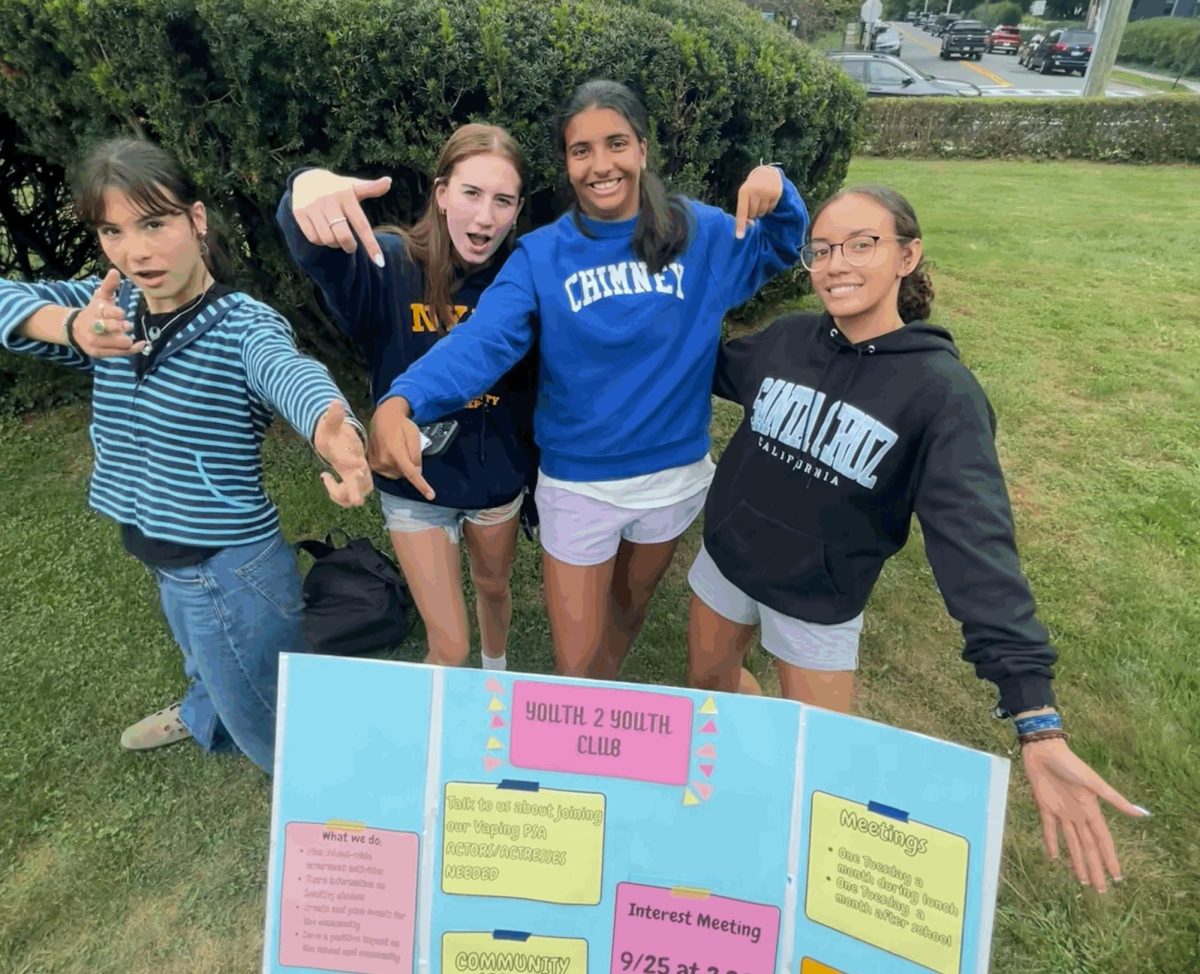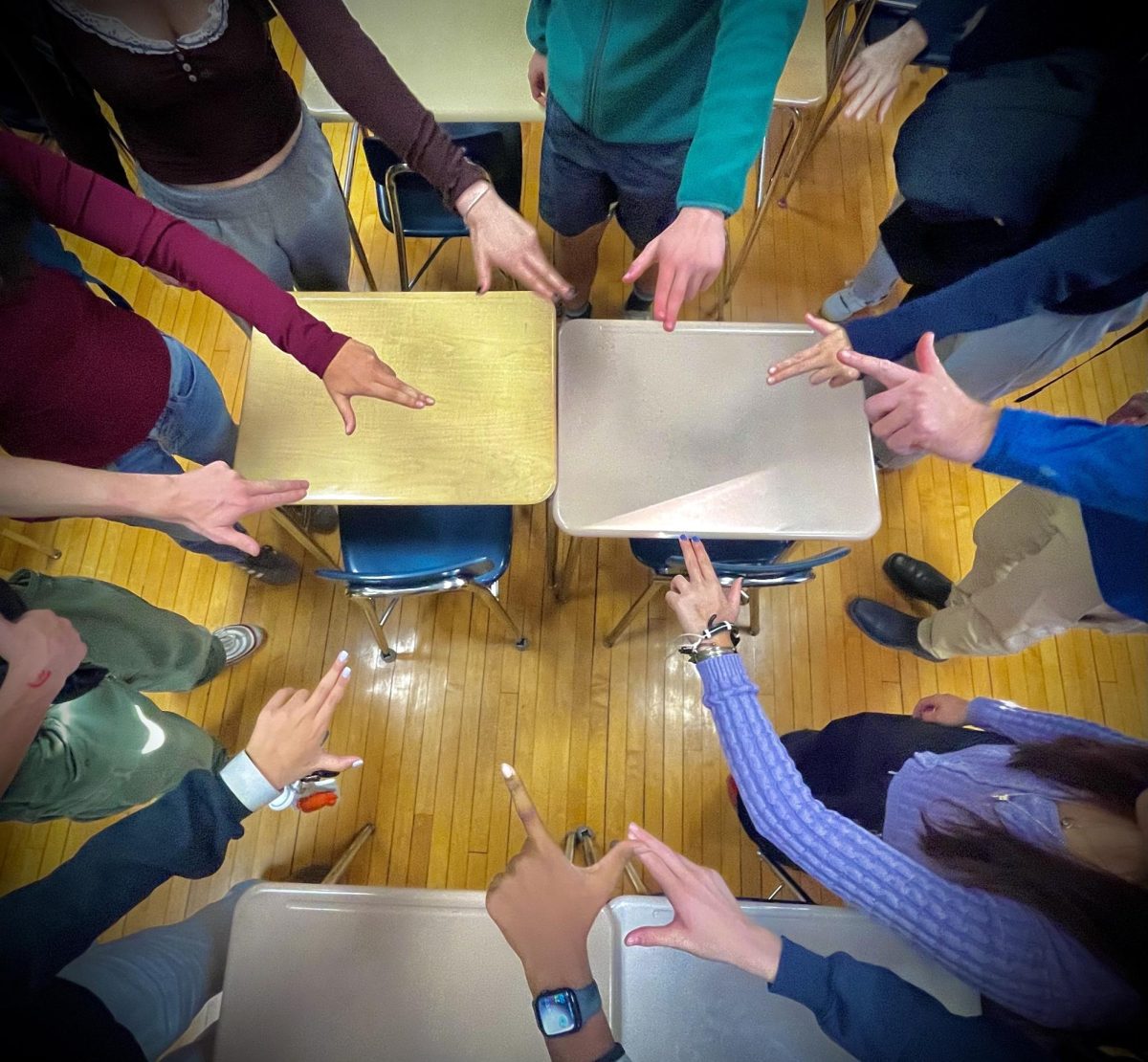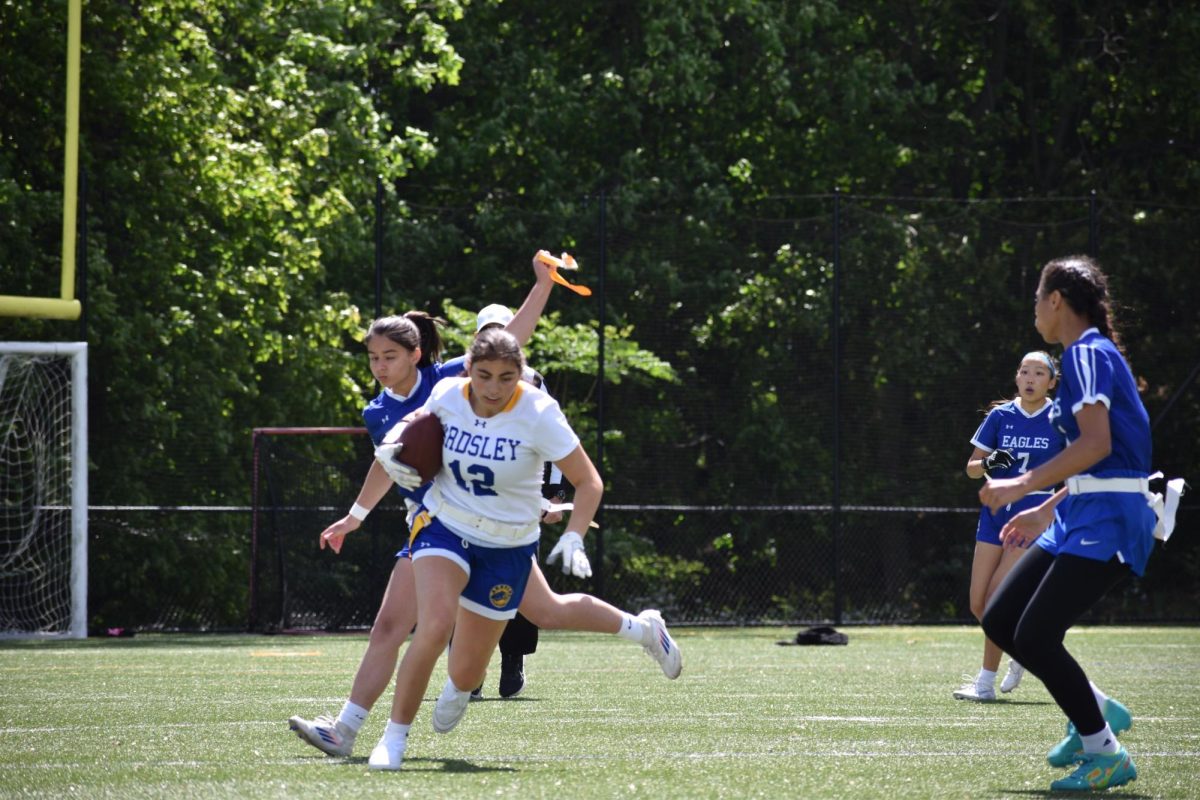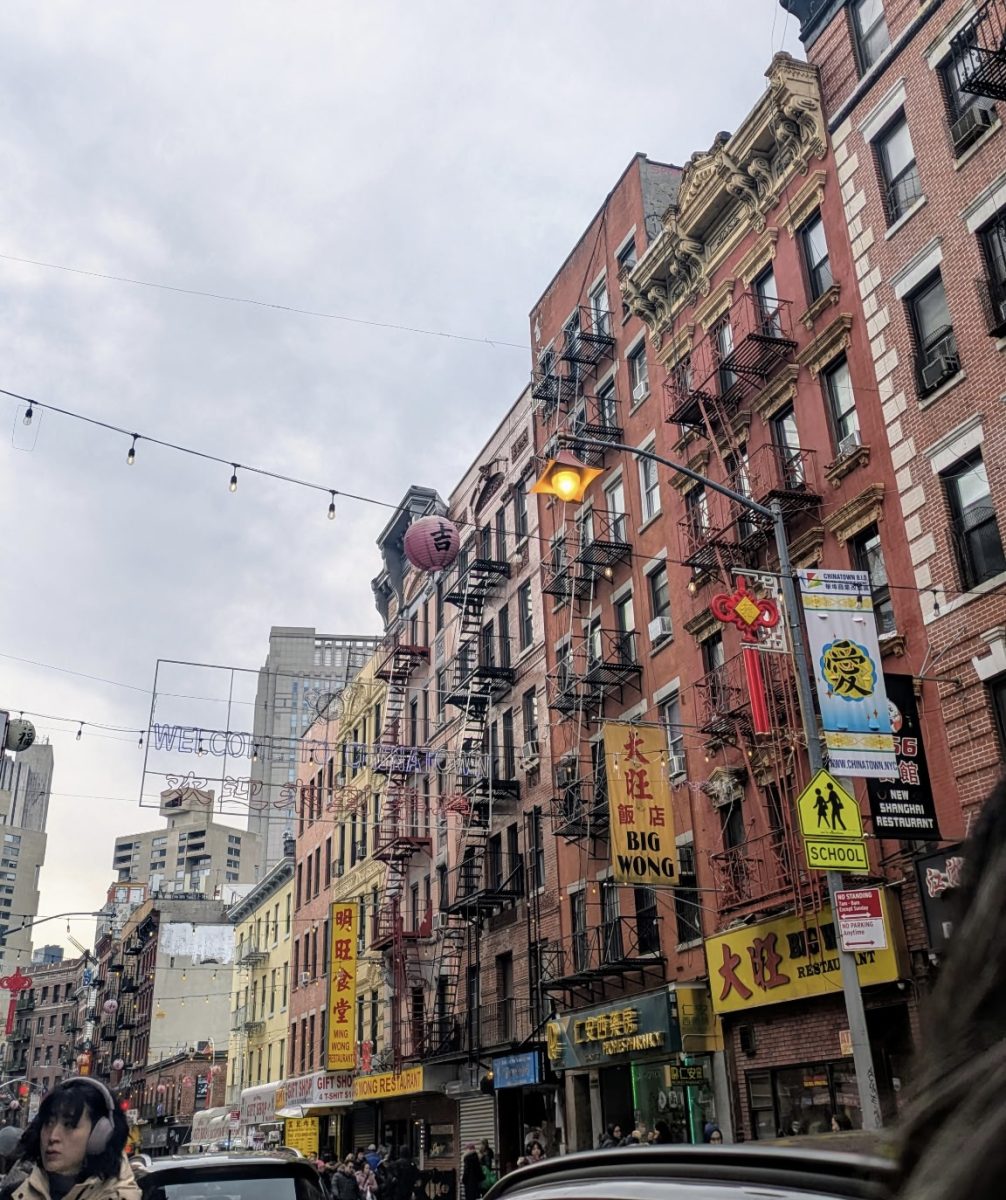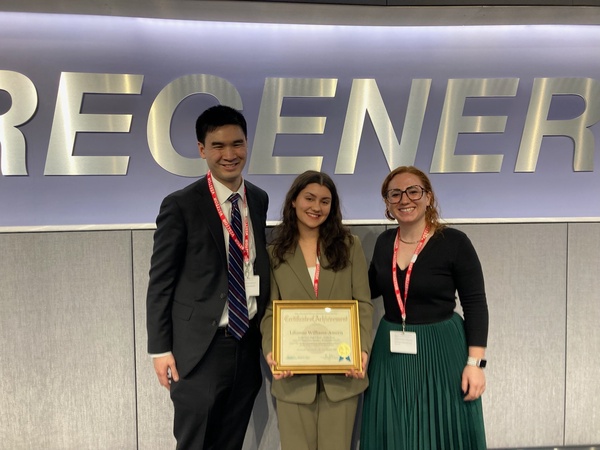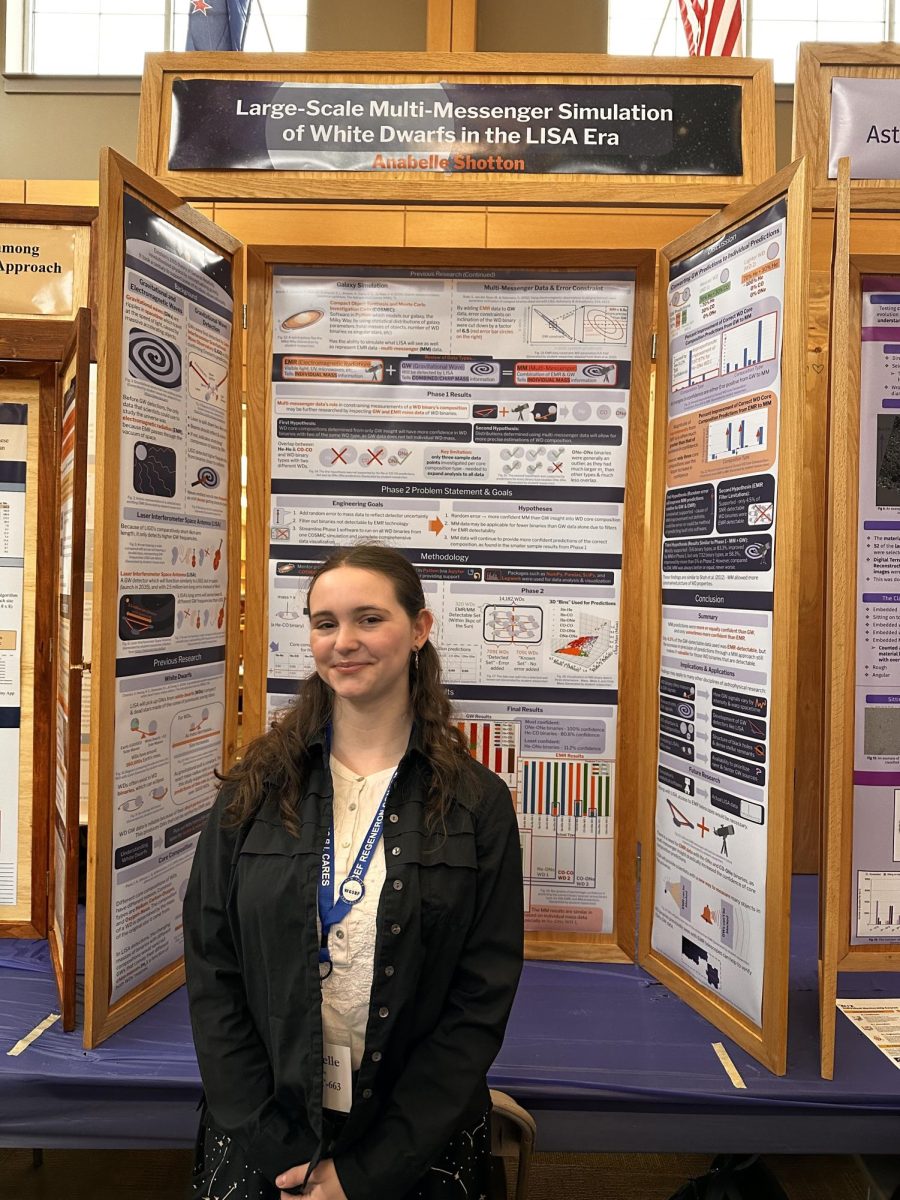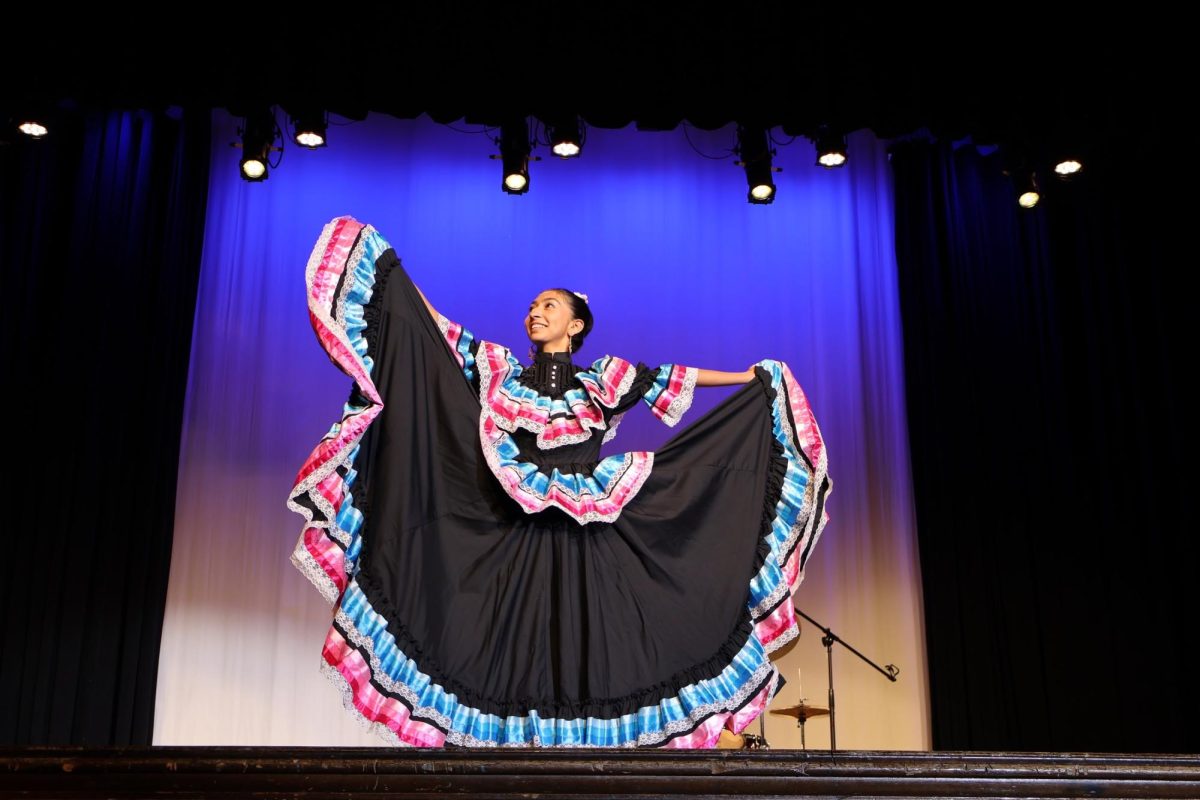Regeneron Science Talent Search (STS) is the nation’s most prestigious science research competition for High School students. This year, Lily Williams-Ameen, a senior at Dobbs Ferry High School, was named one of the 300 Regeneron STS scholars. This is a huge deal — 2,500 people from all over the Country applied this year! In fact, she’s the first person from Dobbs Ferry to be awarded since 2017. Her project, The Next Generation: An Exploration of Youth Attitudes on Climate Change in Alaska and Northern Canada, provides valuable insight into the perception of climate change in the youth of Alaska and Northern Canada. Her project is an effort to include young voices from this specific region, as they tend to be overlooked as young people and in serious conversations about the planet’s future.
The STS competition started back in 1942 with a mission: identify and honor the nation’s next generation of scientists. For over 103 years, STS has been run by an organization known as the Society for Science. The Society for Science was created in 1921 as a non-profit to expand the research conducted on the world around us. The Society recognizes the importance of science and its contributions to society, which is why it hosts STS. To further achieve its goal, the Society for Science founded the award-winning magazine Science News, which has over 23 million readers each year.
Regeneron, an STS sponsor who has donated over $100 million to the society, also sponsors the International Science and Engineering Fair (ISEF). Usually, to get to ISEF, one must compete in local science fairs first. In STS, over $3,000,000 per year is given out though across scholars and finalists as well as semi-finalists. The prize for the number one finalist is $250,000. For being a scholar, Lily won $2,000 and the DFHS science research program received another $2,000. Lily and her teacher, Sarah Marino, were also invited to a celebration honoring the other 17 semi-finalists who were from Westchester.
Lily feels that “the best part about winning is getting recognition and a reason to talk about my research.” Her project surveyed opinions of Arctic youth in Alaska and Northern Canada. She wanted to understand the trajectory of the region from the next generations of leaders in order to design youth engagement programs with the welfare of the Arctic people in mind. To ethically gather and analyze her data, she worked with several indigenous governmental organizations such as the Arctic Athabaskan Council and Inuit Circumpolar Council. In the future, Lily says she’s “interested in the communications side of science making sure factual info is accessible to all and highlighting groundbreaking studies through journalism.” Dobbs Ferry is excited to see what Lily will accomplish next!
The Science Research program is a three-year class taught at Dobbs Ferry High School. The March 4th practice night is coming up, where juniors and seniors will be practicing their presentations for the Westchester Science & Engineering Fair (WESEF). Stop by to see Lily’s presentation for yourself!
